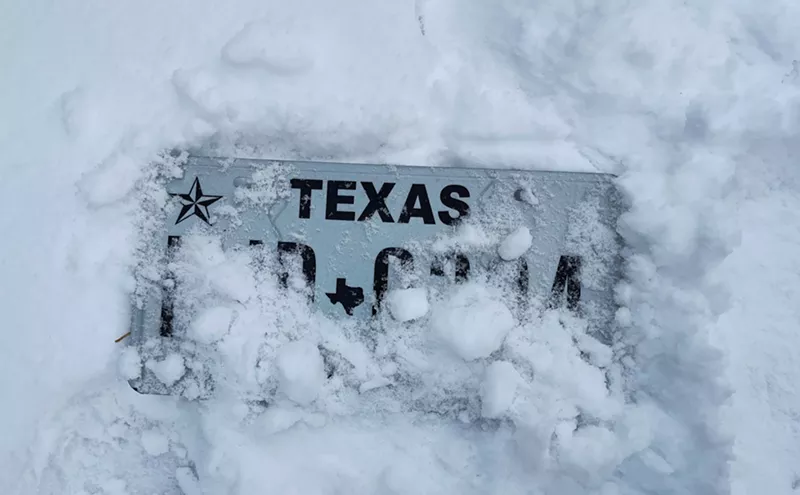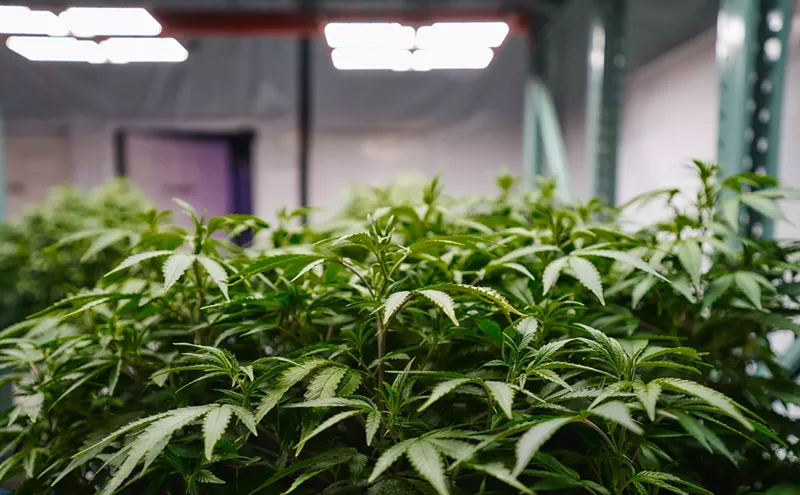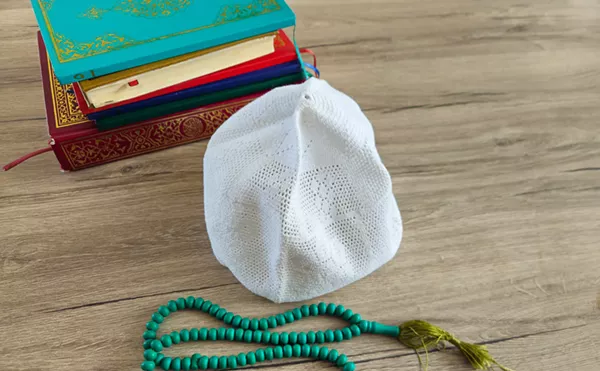Expect that dozen to grow.
But the dark cloud that the appalling numbers have cast over the Dallas District's Attorney's Office could have a silver lining. It could be the push needed to pass legislation to create an independent statewide Innocence Commission proposed by state Senator Rodney Ellis. His proposal has twice failed to get approval from the Legislature. A source with Ellis' office said the bill will be filed again this week, with a hearing probably taking place within a month.
"I hope it will give more momentum to the Innocence Commission," says Nina Morrison, staff attorney for the Innocence Project. "We're hopeful everyone in Austin agrees there is a crisis."
The only other county that comes close to Dallas County's record in exonerations is Cook County, Illinois, which has reviewed seven cases in six years. Two states, New York and Illinois, outstrip Dallas County, with 21 and 26 respectively. There have been nine exonerations in California and six in Florida.
Since 2001, when a change to the state criminal code allowed post-conviction DNA testing, more than 400 motions filed in Dallas County for tests have been denied by the district attorney's office.
The reasons for the refusals are varied. There is no evidence to test. The evidence is not material to the case, or there was other evidence that overwhelmingly proved the accused person's guilt, in the district attorney's opinion. A lot of the motions are filed pro se, by the inmates acting as their own attorneys, which means they might not make the right legal arguments.
But making it through the gantlet doesn't mean that the testing will be handled properly.
Waller was one of the first inmates to file a request in Dallas County. He was on parole for raping a 12-year-old boy in 1982 but was still fighting to clear his name. For years, Waller's requests were denied.
John Rolater, the attorney in charge of the post-conviction DNA testing for former Dallas District Attorney Bill Hill, finally agreed to allow it but refused Waller's request that a private lab in California test the evidence. The rationale, says Morrison, was that the evidence might be lost en route. Rolater insisted that the material be tested by the less sophisticated Texas Department of Public Safety lab. The test proved inconclusive, as the Waller family predicted.
"James' case was classic," says Morrison, who took up Waller's case after that. "When he thought he had run out of all options, he wrote to my office in 2005. He said, 'All I know is I'm innocent. Can you help me?'"
Morrison talked to Waller's former attorney, who assured her that he believed Waller was innocent. She discovered that the DPS lab still had two test tubes of DNA extracts. "Like when you make a pot of soup," Morrison says. "I thought there was a snowball's chance in August, but it's worth a try."
In June 2006, District Judge John Creuzot signed off on an agreement with Rolater's office and Waller's attorney to allow Cellmark, a private lab in Farmers Branch, to re-test the material using a new technique that isolates genetic markers found only on the Y—or male—chromosome.
"I kept preparing James, who is a very religious man, for the possibility that we weren't going to get a result," Morrison says. "He said, 'I know God, and I know he will make sure there is enough to get results.'"
In December, Morrison finally got a call from the lab. It had taken several efforts, but the technicians had finally isolated the genetic marker. The results proved that Waller was not the assailant. Morrison got Waller on his cell phone while he was walking down the street. "He started screaming 'Praise God, hallelujah!'" Morrison says.
The results of the Y-chromosome test proved Waller didn't commit the crime, but because there was so little material, it can't be used to match results in the national DNA database. "Sadly, if the DNA evidence had gone to a private laboratory as James had requested in 2001, there's a good possibility they could have gotten better results and could have matched it to someone who is in the database," Morrison says. "Had the state not stood in the way of the private lab testing they could have possibly identified the real perpetrator."
Even private testing, which can cost $3,000 to $5,000, might be a bargain. It costs about $30,000 a year for Texas to house an inmate.
Barry Scheck, co-director of the Innocence Project, says that the numbers of exonerations in Dallas County raise multiple questions with no easy answers. "I don't think we know yet what's going on here," Scheck says. "It would be glib to say we understand it."
Scheck doubts there was any real examination of those 400 cases in Dallas already denied because so many were filed by inmates. And perhaps Dallas County has done a better job of preserving evidence over the long term. In New York City, a lot of evidence has been destroyed and can't be used for further investigation.
But Scheck considers this a unique period in the history of criminal justice.
"It's a great learning moment," Scheck says, "to study these cases and learn the lessons." The exonerations in Texas will provide a lot of data to examine.
But DNA evidence is only an issue in perhaps 10 percent of all felony cases, Scheck says. "What about the other 90 percent? We have to figure out what the causes are and fix the system." Reform of the way eyewitness identification and testimony are handled by investigators, prosecutors and judges is No. 1 on Scheck's list.
"There are things that we can learn that help everyone," he says. "Because every time someone innocent goes to prison, someone guilty goes free."
Jailhouse Rocked












